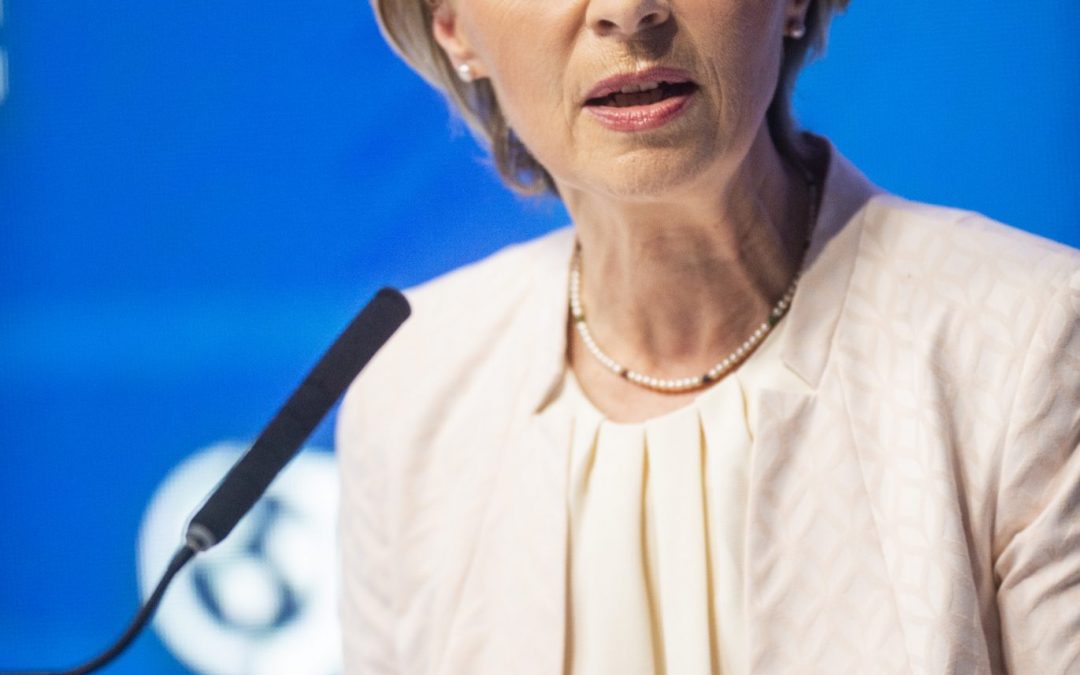STRASBOURG – The European Parliament (EP) decided in a secret ballot on Thursday (July 18) that Ursula von der Leyen will remain the President of the European Commission (EC) for a second term. The German politician also managed to convince Slovak MEPs from Progressive Slovakia (PS), with the Christian Democratic Movement (KDH) also respecting the agreed consensus according to its own statement, writes the TASR correspondent.
While MEPs from Smer-SD, Hlas-SD, and Republic confirmed to TASR before the vote that they would vote against von der Leyen’s re-election, PS and KDH representatives stated that they would wait to see how she would reflect their demands during Thursday’s plenary speech.
In the end, all six MEPs from PS supported von der Leyen for the EC President post. According to Martin Hojsík, the movement managed to push the majority of their demands into her program.
“Compared to last week, when we had a meeting with von der Leyen as part of the Renew Europe faction, in today’s (Thursday’s) speech, she presented priorities that are perceived as moving in the right direction, especially in areas that we consider important,” Ľubica Karvašová told TASR. She added that the demands concerned the protection of the rule of law, media freedom, women’s rights, security, regional support, competitiveness, and prosperity.
KDH MEP Miriam Lexmann stated that her party respects the agreed consensus on von der Leyen’s re-election, which Slovakia also joined at the June summit of EU member state leaders.
“In today’s turbulent period and challenging time for EU citizens, stability and unity are needed, which is why KDH joined this constructive consensus in the vote. At the same time, we have set clear conditions that were incorporated into Ursula von der Leyen’s program, and we now expect their fulfillment,” Lexmann wrote in a statement. The MEP previously stated that the demands she conveyed to the EC head in a personal meeting included a review of the ban on combustion engines, other parts of the European Green Deal, effective migration management in third countries, and food security, including support for farmers.
 go to the original language article
go to the original language article
This article has been translated by Artificial Intelligence (AI). The news agency is not responsible for the content of the translated article. The original was published by AI.
